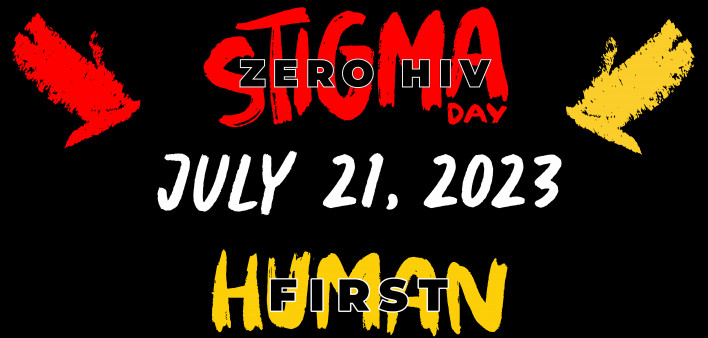This post is written by Dr. José M. Zuniga, President/CEO of the International Association of Providers of AIDS Care (IAPAC) and the Fast-Track Cities Institute.
The first commemoration of Zero HIV Stigma Day, which took place on July 21, 2023, captured the hearts of people around the world by highlighting the urgency of ending the stigma surrounding HIV while showcasing the resilience and solidarity of the global HIV movement. The 2023 theme, “Human First,” captured the movement’s essence, emphasizing the importance of treating individuals living with HIV with empathy, respect, and dignity. This is in fact what the late South African activist Prudence Mabele, whose birthday was chosen to mark the day, advocated until her untimely death in 2017.
Personal anecdotes poured in from all corners of the globe, each sharing stories of perseverance and triumph in the face of HIV stigma. These stories underscored stigma’s profound impact on individuals’ mental, emotional, and physical well-being. Many people recounted experiences of discrimination, isolation, and fear that were often as debilitating as the virus itself. By sharing their narratives, people living with HIV, many of them activists, humanized the statistics and highlighted the need for collective action.
Zero HIV Stigma Day’s resonance can be attributed to the fact it brought to light an often-overlooked aspect of the HIV epidemic. Stigma not only prevents individuals from seeking HIV testing and treatment but also perpetuates misconceptions, reinforcing ignorance and fear. The parallels between the harm caused by HIV itself and the harm caused by stigma became evident through the stories shared by six remarkable individuals who were featured in the “Human First” short documentary that premiered on Zero HIV Stigma Day https://youtu.be/NBYmbWzbAog
The “Human First” theme struck a chord because it reminds us that every person living with HIV is, above all, human. It calls for a fundamental shift in how society perceives and interacts with those living with and affected by HIV. The day’s commemoration ignited conversations about the importance of education and compassion. It encouraged governments, organizations, and individuals to prioritize comprehensive sex positive education, equitable accessible healthcare, and community-led support systems that empower and uplift those made vulnerable by a threat as pernicious as HIV.
The first commemoration of Zero HIV Stigma Day was a powerful reminder that the fight against HIV extends far beyond medical breakthroughs. We are waging a battle against the societal biases, misconceptions, and discrimination that exacerbate the virus’ physiological impact. The day’s global resonance underscored the urgency of ending HIV stigma and embracing the “Human First” ethos. By doing so, we not only enhance the lives of individuals living with and affected by HIV but also move closer to a world free from the burden of stigma where AIDS-related deaths are a thing of the past and new HIV cases are exceedingly rare.







Comments
Comments